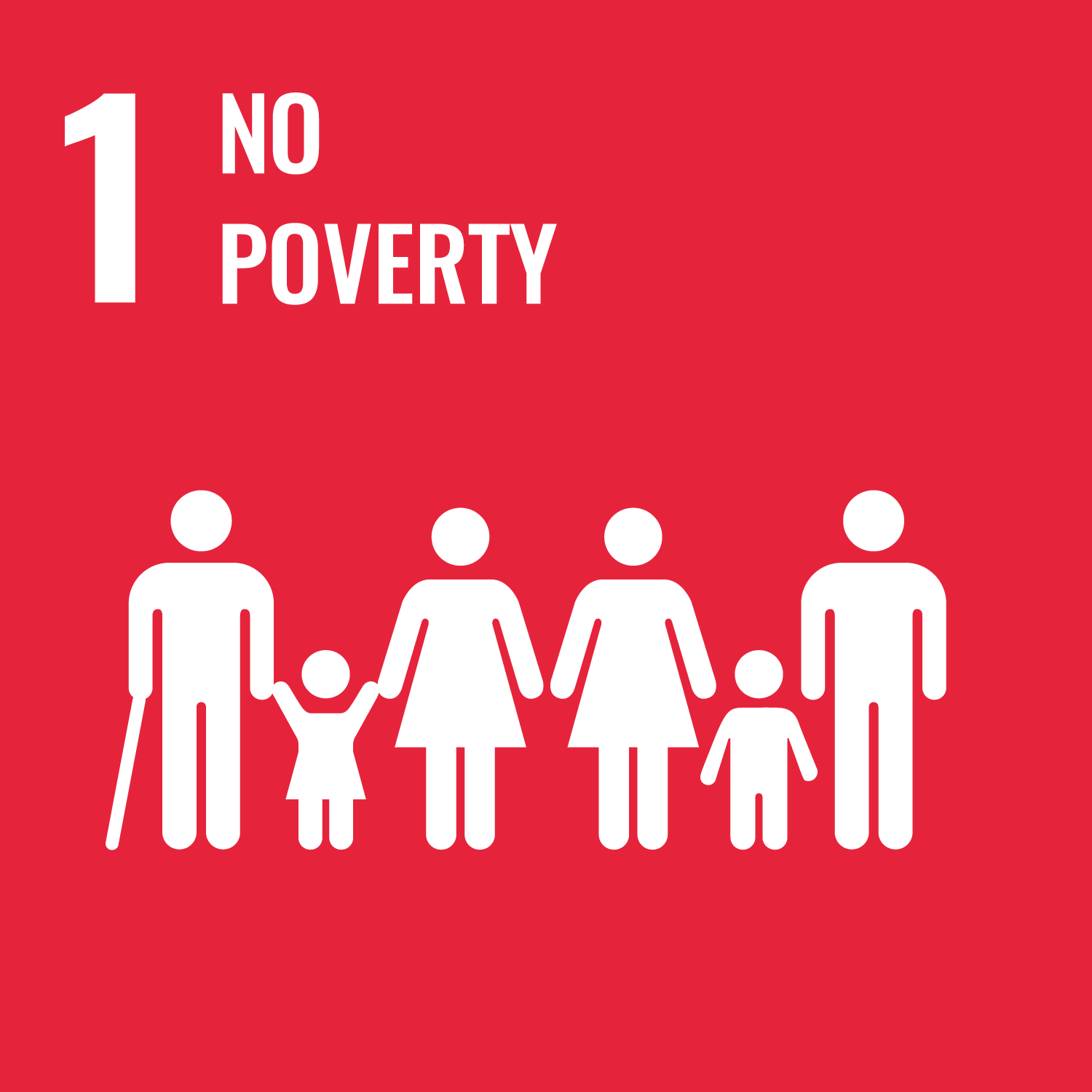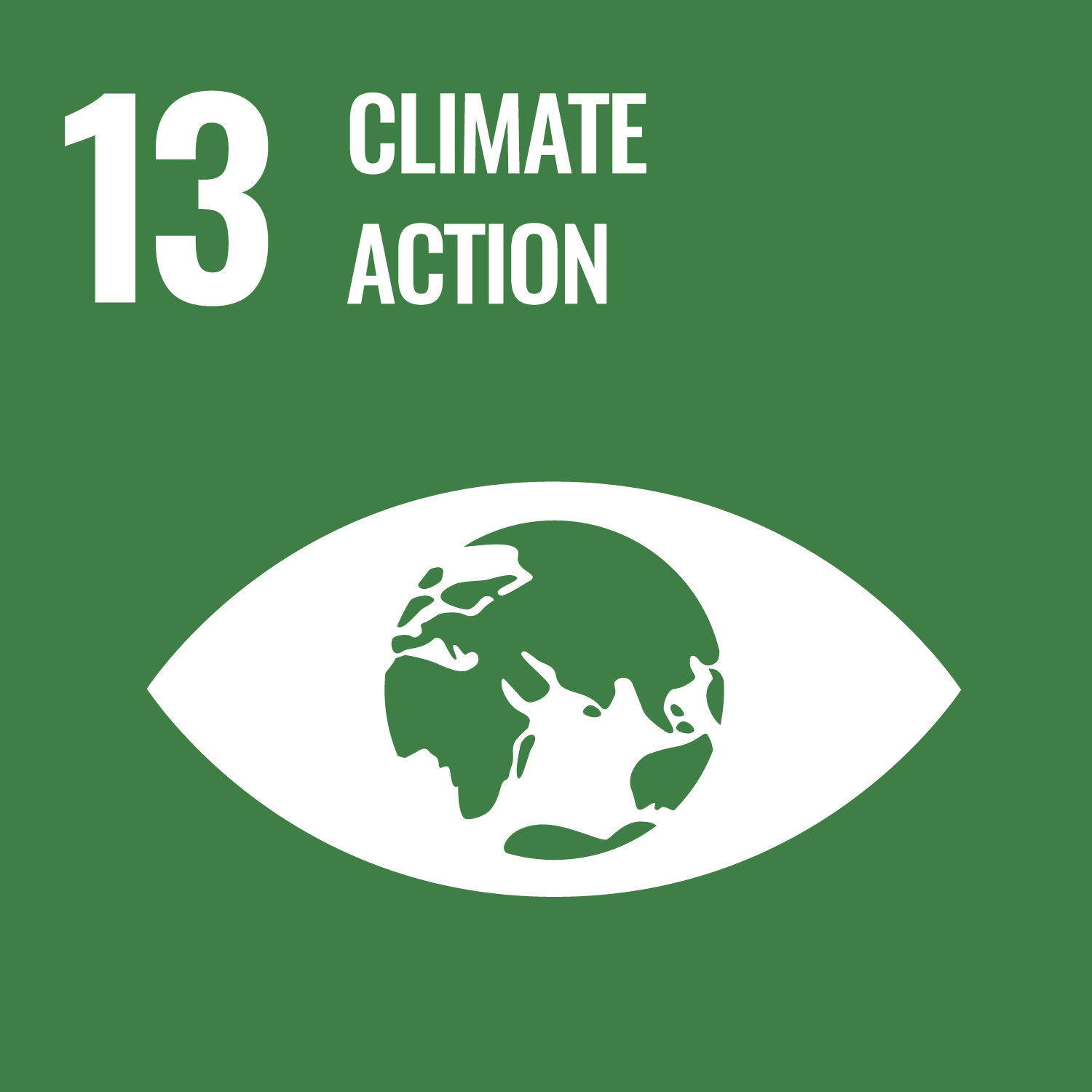Social Impact Guarantee to Incentive Innovations in Rural Connectivity in Uganda
Aligned SDGs



- Social Impact Guarantee to Incentive Innovations in Rural Connectivity in Uganda
- General overview
- Intervention
- Location
- Last data update
- Spreadsheet of data
- Social Impact Guarantee to Incentive Innovations in Rural Connectivity in Uganda
- General overview
- Intervention
- Location
- Last data update
- Spreadsheet of data
General overview
Stage of development: Early stage
Policy sectors: Environment and climate change
Type of instrument: Social Impact Incentives (SIINC) / Social Impact Guarantee
Delivery locations: Uganda
Country classification: Low-income
Intervention
Social or environmental challenge
In Uganda'srural farmlands, millions of people live more than 2 kilometers from an all-weather road, or are cut off from services like markets, jobs, health clinics, and schools when decrepit or non-existent infrastructure fails to provide access during periods of extreme weather. While the Ugandan government has made significant headway in addressing the rural transport network, more than 90% of all roads remain unpaved, and 66% of the tertiary road network is in poor condition. If the rural road network is not routinely and periodically maintained, roads, trails, and bridges prematurely require full rehabilitation; which increases the lifecycle cost and creates logistical hurdles. The Coalition was designed to develop strategies that address the existing root challenges and use them to address bottlenecks in the road network, so that the Government has a clean slate and the appropriate systems to effectively maintain the network going forward.
Description of the intervention
Approximately 10 million rural Ugandans are isolated. This means these communities lack access to critical services, and are at risk of chronic poverty. Ensuring safe, reliable year-round access for these vulnerable rural residents is key to achieving any number of development agendas, including the Sustainable Development Goals, Uganda's National Development Plan III, and Vision 2040. The Government of Uganda has made headway in connecting rural communities, in particular through its District, Urban, and Community Access Roads (DUCAR) Network, but inadequate funding and a lack of strategic, coordinated systems limit progress. The Transformative Rural Roads Coalition (TRRC) was formed with a vision for a connected Uganda where all communities are prosperous and resilient. The Coalition will collaborate to unlock a future where government has the strategies, systems, and support to overcome complex and interdisciplinary roadblocks and successfully build and maintain a sustainable DUCAR network. An opportunity exists to utilize an outcomes-based funding mechanism to catalyze investment into an innovative, multi-sector effort and ensure that that investment is powering the most productive, creative solutions.
Location
Country:
- Uganda
Locality:
- Uganda
Last data update
Data for this pipeline project was last updated in August 2023
You might have noticed that some pipeline projects have more data than others. This is because organisations can share as much data as they want with the INDIGO initiative. If you have more data on one of these pipeline projects and would like to share with us, please get in touch at indigo@bsg.ox.ac.uk. Our full list of variables and data definitions can be found here.
Spreadsheet of data
Important Notice and Disclaimer on INDIGO Data
INDIGO data are shared for research and policy analysis purposes. INDIGO data can be used to support a range of insights, for example, to understand the social outcomes that projects aim to improve, the network of organisations across projects, trends, scales, timelines and summary information. The collaborative system by which we collect, process, and share data is designed to advance data-sharing norms, harmonise data definitions and improve data use. These data are NOT shared for auditing, investment, or legal purposes. Please independently verify any data that you might use in decision making. We provide no guarantees or assurances as to the quality of these data. Data may be inaccurate, incomplete, inconsistent, and/or not current for various reasons: INDIGO is a collaborative and iterative initiative that mostly relies on projects all over the world volunteering to share their data. We have a system for processing information and try to attribute data to named sources, but we do not audit, cross-check, or verify all information provided to us. It takes time and resources to share data, which may not have been included in a project’s budget. Many of the projects are ongoing and timely updates may not be available. Different people may have different interpretations of data items and definitions. Even when data are high quality, interpretation or generalisation to different contexts may not be possible and/or requires additional information and/or expertise. Help us improve our data quality: email us at indigo@bsg.ox.ac.uk if you have data on new projects, changes or performance updates on current projects, clarifications or corrections on our data, and/or confidentiality or sensitivity notices. Please also give input via the INDIGO Data Definitions Improvement Tool and INDIGO Feedback Questionnaire.